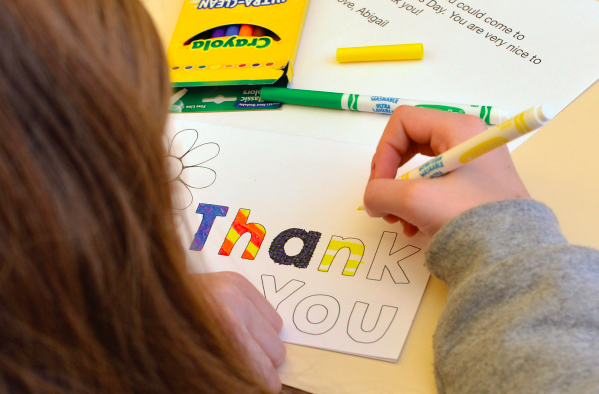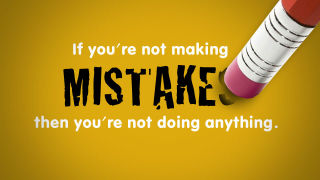November is recognized as Gratitude Month, a month that is dedicated to giving thanks. Over the last few years, I have learned to value the virtue of gratitude and have encouraged many to develop the daily habit of listing five things for which they are grateful. I recognize that maintaining a positive attitude is easier for some than others, primarily because of one’s genes. Some people might be like Therese J. Borchard who, in the beginning, had to force gratitude into her life by writing only about very simple things for which she was thankful (e.g., cream cheese and bagel). After the birth of her second child, she suffered from severe depression and found it very difficult to identify things for which she was grateful. To read more about her journey, she has written the book, Beyond Blue: Surviving Depression & Anxiety and Making the Most of Bad Genes.
Recent Posts
Over the past few weeks, questions have been asked related to Attention Deficit Hyperactivity Disorder (ADHD). As I listened to comments, a number did not accurately reflect research on the topic. As part of ADHD Awareness Month, I am sharing what the research says about ADHD:
Recently, I had a conversation with my 16-year-old grandson. Actually, he did the talking, and I did the listening so I guess one could say this was a conversation. He was angry with his algebra teacher who had assigned 60 problems for homework. “How could she do this? This isn’t right! Gramma Jane, “Don’t you think I should raise my hand tomorrow and tell her this is too much homework?”
At the beginning of each school year, parents often ask, “How can I help may child be successful in school this year?” I would like to recommend an often overlooked but crucial component of success -- making mistakes. Because we live in an age where we are afraid to let children fail and want them to be perfect (e.g., perfect attendance, perfect ACT score, perfect homework paper even if it means answering questions for the child), allowing them to make mistakes is sometimes a struggle.








